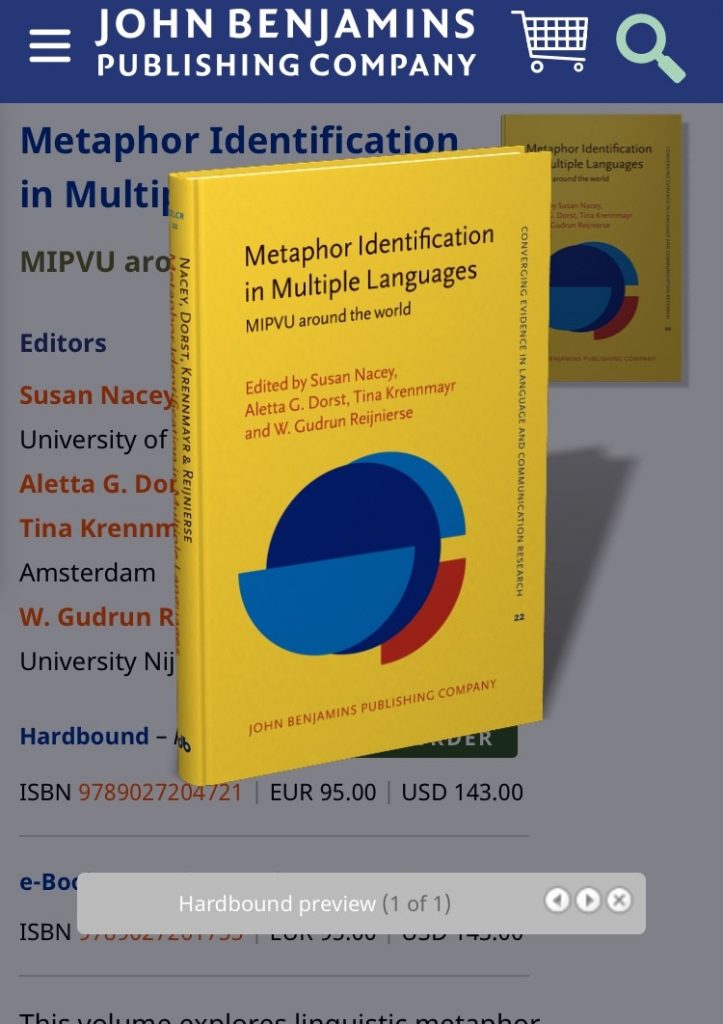Reading Time: 5 minutes read
In the 1960s, Charles Katz was convicted of illegal gambling, having used a public telephone booth in Los Angeles to place out-of-state bets. The evidence against him consisted of recordings of his own telephone conversations, which the FBI had collected with a warrantless wiretapping device they had installed on the outside of the phone booth. Katz appealed the conviction, arguing that the eavesdropping device constituted a breach of his Fourth Amendment rights guaranteeing freedom from unreasonable search and seizures, and that the recordings therefore should not have been admissible in court. The Supreme Court sided with Katz in a 7-to-1 verdict, ruling that conversation is protected by the Fourth Amendment as long as a person can justifiably expect that conversation to be private.
The lone voice of dissent in this case belonged to Justice Hugo Black. His objection stemmed from the very language of the Fourth Amendment, as he claimed that the provisions of the amendment applied only to “tangible things with size, form, and weight, things capable of being searched, seized, or both.” He further elaborated that “[a] conversation overheard by eavesdropping, whether by plain snooping or wiretapping, is not tangible and, under the normally accepted meanings of the words, can neither be searched nor seized” (KATZ v. UNITED STATES, 389 U.S. 347 (1967) ). In other words, one may only “seize” concrete items, not abstract ones like conversations.
In a sense, what Black argued is that this usage of the word seize comprises a novel (and to him, unacceptable) metaphor, whereby the basic meaning of the word has been extended to include something abstract, a cross-domain mapping between concrete and abstract domains.
Was he justified in this claim? Let’s see what dictionaries tell us:

The basic meaning of a word comprises that sense which is most specific, concrete, and human-oriented. In the case of seize, the basic meaning found in the corpus-based Macmillan English Dictionary for Advanced Learners is MM1 To suddenly and firmly hold someone by a part of their body or clothing, a sense which is conflated with MM1a To quickly take something in your hand. MM2 To take something using official power and force: CONFISCATE remains in the same semantic domain as MM1, and therefore is a non-metaphorical extension. The “seizing” of conversations by the FBI falls under the MM2 entry, except Macmillan’s examples of items that are “seized” are all tangible: 100 kilos of cocaine, criminal assets, and under subheadings MED2a and MED2b, Eastern towns, power (although the tangibility of this item can be discussed) and money.
The Longman Contemporary Dictionary of English, by contrast, tackles the MED2 sense in a slightly different way by clearly differentiating between the senses LM2 To take control of a place suddenly and quickly, using military force (seize power, seize the airport) and LM3 If the police or government officers seize something, for example illegal drugs, they take legal possession of it. The latter definition represents the contextual meaning of seize in Katz v. United States, but Longman’s illustrative examples, 160,000 CDs and all of my assets…including my home, are just as concrete as those in MM2. For the record, one should perhaps add that the dictionaries also record metaphorical uses of seize, but they involve a shift of meaning to MM3 To gain control in a situation, where abstract items such as control of the army and the initiative are taken. Indeed, several common collocations of seize involve the more abstract sense of MM3, and are recorded in LM5 seize a chance/an opportunity/the initiative.
Because most language users are unaware of the historical derivations of any particular word, etymology is of little relevance in the determination of the current basic sense of a word. Nevertheless, it is tempting to glance in the Oxford English Dictionary (OED) to see if there is historical evidence for seizing abstract things in the sense of MM2 / LM3. After all, the Fourth Amendment was written and ratified in the 1790s. Perhaps the seizing of abstract items was implicit in its contemporary meaning and thus mirrored the intent of the Founders, even though this particular usage has become archaic. But no. There are three main entries in the OED, the second of which to take possession is of relevance in this case. Entry 5a specifically mentions confiscation, but specifies that one confiscates the property of a vassal or subject. All the quotations chosen to illustrate the meaning refer to concrete items such as horses, estates, and land. Entry 5b To take possession of (goods) in pursuance of a judicial order is also relevant, but here too, the examples are all of tangible things such as horses, tea, and tobacco.
It seems that Justice Black was indeed justified in believing that one does not seize conversations. There seems to be little support in the English language speech community for the concept of “seizing” such abstract things, at least not in the sense of taking legal possession of them. Hence, in ruling that the Fourth Amendment governs the seizure not only of tangible items but also of the recording of oral statements, the Supreme Court in essence inadvertently also ruled in favor of changing the English language, officially sanctioning a novel metaphorical extension of a verb. It appears, however, that such changes cannot simply be legislated. Forty years later, dictionary makers have yet to adjust.
This post was previously published as a squib in a 2008 newsletter for the Association for Researching and Applying Metaphor, but that was so long ago that you won’t find it online. You’ll find more recent RaAM newsletters here.
And if you want to learn more about the method of identifying metaphor, check out this new book!

Credit for dictionary photo: Alborzagros [CC BY-SA 4.0 (https://creativecommons.org/licenses/by-sa/4.0)]
